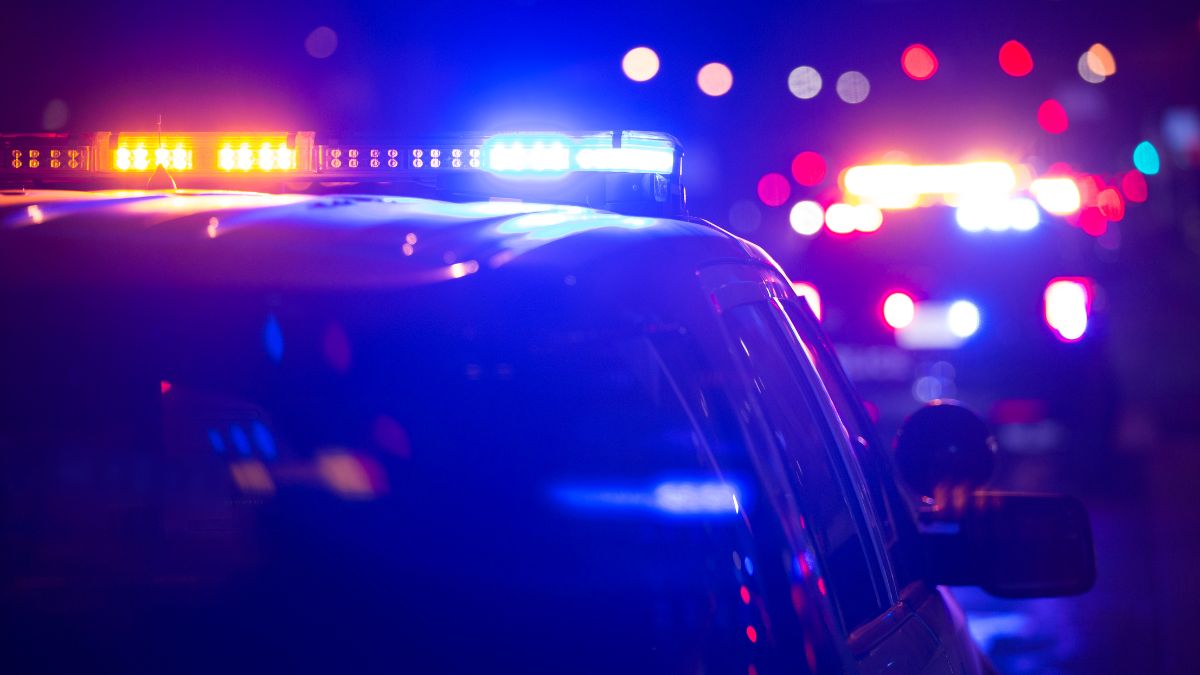A recent incident in Madhya Pradesh’s Ujjain has brought to light the contentious issue of noise pollution and the challenges faced by authorities in enforcing regulations, particularly during religious gatherings. The assault on Tehsildar Irshad Khan by a disc jockey and another individual underscores the tension that can arise when attempts are made to regulate the use of loudspeakers at religious events.
The Incident and Its Aftermath
On the 20th of July, Tehsildar Irshad Khan was attacked by Dheeraj Singh Sondia, a disc jockey, and Vinod Singh after he instructed them to stop playing loud DJ music at a religious function in Mahidpur. The assault took place in broad daylight, leaving Khan injured and requiring medical attention. Sources reported that Khan received three stitches on his head and was to undergo an MRI test at the district hospital. This incident highlights the dangers faced by public officials who are entrusted with enforcing regulations for the public good.
Noise Pollution: A Persistent Issue
Noise pollution is a growing concern in India, particularly in urban areas, where excessive noise from vehicles, construction, and public gatherings often reaches unacceptable levels. It poses a serious threat to public health and well-being, impacting sleep, concentration, and causing stress.
Religious Gatherings and Noise Regulations
Religious gatherings, particularly those involving loud music and speeches, often contribute significantly to noise pollution. While religious freedom is a fundamental right, it must be balanced with the right of citizens to live in a peaceful environment. Regulations are put in place to limit noise levels at public gatherings and religious events to ensure that citizens are not subjected to excessive noise pollution.
The Legal Framework: Seeking Balance
India has specific laws and regulations designed to address noise pollution. The Noise Pollution (Regulation and Control) Rules, 2000, aim to regulate the generation of noise and control its levels in different zones and at various times of the day. These rules specify permitted noise limits for different categories of areas, including residential, commercial, and industrial zones.
The Challenges of Enforcement
Enforcing noise regulations can be a complex and challenging task for authorities. Resistance from individuals and groups who feel their right to free expression or religious practice is being infringed upon can lead to confrontations and even violence. The incident in Ujjain demonstrates this tension. The DJ and his associate likely felt their right to play music at the religious function was being unjustly curtailed.
Balancing Freedom and Order: A Path Forward
Finding a balance between upholding religious freedom and protecting citizens from excessive noise pollution requires a multi-pronged approach.
Open Dialogue and Understanding
Open dialogue and understanding between authorities and religious leaders and communities are essential. Fostering cooperation through constructive communication can help address concerns and establish acceptable noise levels at religious gatherings.
Encouraging Awareness and Responsible Practices
Raising public awareness about the negative health impacts of noise pollution is crucial. This could involve educational campaigns that emphasize the importance of sound regulations and promote the adoption of noise reduction measures, such as using smaller sound systems or adhering to time restrictions.
Strengthening Enforcement Mechanisms
Effective enforcement of existing regulations is crucial. This requires providing adequate resources and training to enforcement personnel and equipping them with the authority to act swiftly and decisively against violations. It also involves addressing public perception and building trust between authorities and the communities they serve.
Takeaway Points
The incident in Ujjain serves as a reminder of the challenges associated with balancing freedom of expression and the need for noise regulation. Effective solutions require a collaborative effort involving authorities, religious leaders, and communities to ensure that both religious practices and public health are protected. Open dialogue, public awareness, and effective enforcement of regulations are critical to creating a peaceful and sustainable environment for all.









